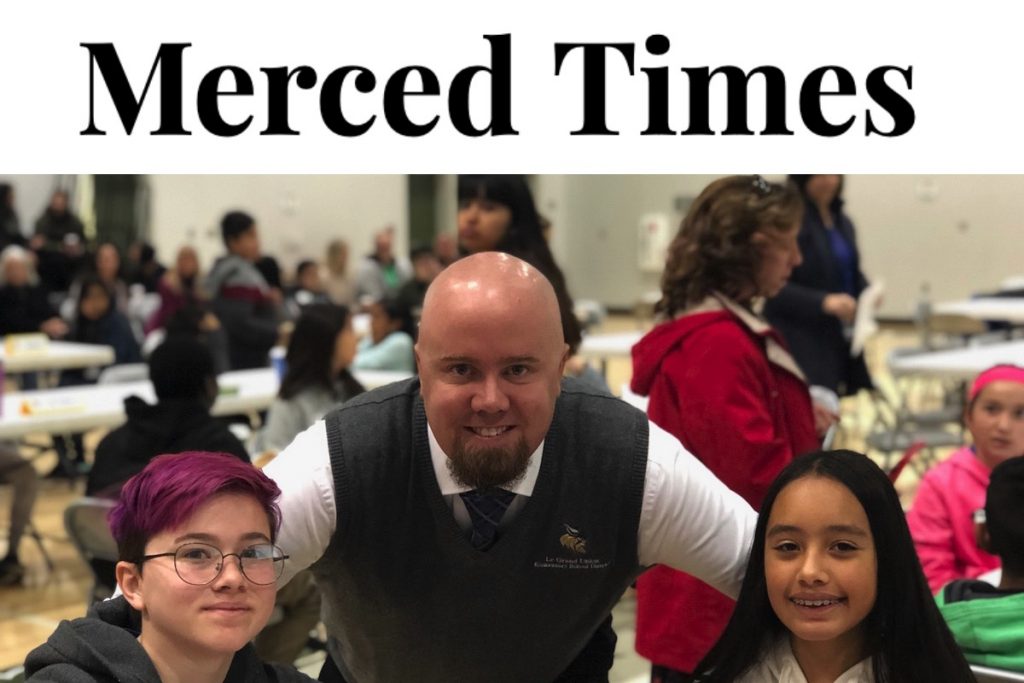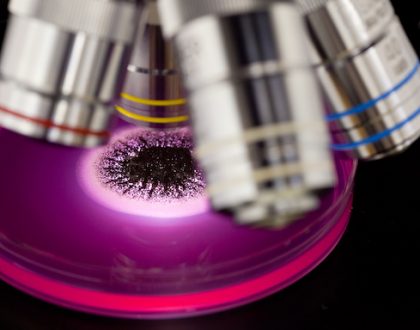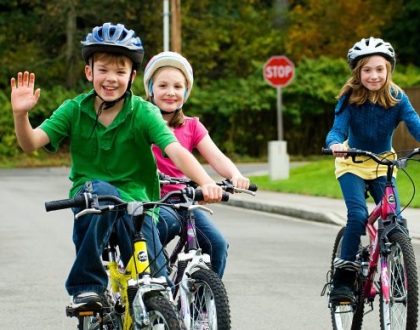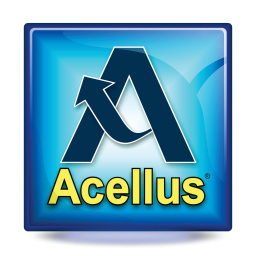Acellus helps avoid ‘Learning Loss’ in Le Grand Elementary School District

A rural California school district has faced challenges with the pandemic like many across the country, but applying the Acellus Academy program to the curriculum is having a positive effect on students.
Scott Borba, Superintendent of the Le Grand Elementary School District, said K-2nd grade students returned to school in October, while third through eighth graders have learned via a hybrid school model since November.
Borba said his students have used Acellus for three years, so “we were actually using this pre-pandemic.”
“We originally purchased it as a platform to help teach our students coding and computer science, and once we brought it on, we saw just the capabilities it had in the core competency areas of language arts, math, science and history. And we just loved it,” Borba told Merced Times.
Teachers incentivize students to use the program and the children enjoy it, Borba said.
“The one thing we work on with using supplemental computer based programs is we don’t want them to be…electronic dittos,” Borba said. “And so my teachers who incentivize the use of the program by offering rewards, if kids meet a certain number of lessons and things like that, the kids enjoy it a lot.”
“If it becomes just a kind of a sit-down worksheet and, hey, just go log onto your computer. The kids don’t enjoy it because they like instruction…and so some extrinsic motivation is helpful. But yeah, where that’s happening, which is the majority of my classrooms and the kids do enjoy doing so, it’s very challenging,” he said.
While students are in elementary school, they are in fact preparing for high school – and Le Grand High School’s graduation rates for all district schools are all reportedly over 90%.
“We impact graduation rates because we get them ready for high school. But, yeah, we are very proud of the graduation rates in our county,” Borba said.
Le Grand High School has utilized Acellus for two years, he said.
“They brought it on very quickly after we did. I’m sure it doesn’t hurt their graduation rates, especially during the pandemic,” Borba said.
While the Le Grand district brought in Acellus prior to the pandemic, he said it has been extremely helpful during the pandemic.
“That’s one thing…we brought ourselves on prior to the pandemic, but during the pandemic, it has been invaluable. It’s really helped with our asynchronous learning,” Borba said. “When kids aren’t in school with their teacher and we still have 20% of our kids on distance learning too, and that’s been a big part of their program as well, because of the rigor of the program.”
Additionally, Borba suggested that the COVID-related learning loss of children across the country is not being experienced at his district because of Acellus’ science program.
“[W]e’re not seeing the learning loss data that districts across the country are seeing because our students are getting very excellent instruction from the teachers in supplemental instruction from the science program,” he said.
Borba explained that it is hard to assess learning loss, because in normal years children experience retention issues during the summer months when not attending school.
“We know that kids lose, especially if they live in poverty, lose out over the summer….it’s tough to say this is how much you know, I have nothing to compare it to,” Borba said. “All I know is looking at our data—about 35% of our students experienced moderate to significant learning loss based on the assessments we have internally.”
He pointed out this is for the kids who were scoring in the 90th percentile before the pandemic and are now at the 70th percentile, which is still well above grade level.
He also indicated there is no way to measure what students have learned as a result of the pandemic.
“I think out kids have learned resiliency and grit and how to navigate a virtual world and online platforms. We don’t have assessments to measure how much they’ve learned. And that’s disappointing because I look at my community and my kids have been amazing. They’ve been engaged, they’ve been flexible. They’ve learned how to be patient, cooperate to work in small groups online. I mean, these are all great skills that nobody’s going to talk about when the pandemic’s over,” Borba said.
Borba said online instruction for his students was challenging as almost 90% of his students are on free and reduced lunch program.
“COVID has really affected my population significantly. We worked tirelessly when this started to make sure everybody had access to Wi-Fi and devices,” Borba said. “…We’re out in a rural country area where even when we provide hot spots, there’s not enough cell towers to connect to. And so there’s just all kinds of barriers that rural, small, poor communities have had to address during this pandemic that many, especially in urban and suburban areas, just can’t even fathom. And I’m proud to say we’ve crushed it. I’m so proud of our staff and our community, our families, they’ve been so supportive of the school.”
Borba said he is looking forward to “getting back to normal” and also catching the students up and “keeping them on track. And Acellus is going to be a big part of that…it will be a huge part of that moving forward.”
By Mary Lou Lang | March 26, 2021
Read More>>Recommended Posts

New Acellus Course: Life Science
April 14, 2025

New Acellus Course: British & World Literature – English IV
April 11, 2025

New Acellus Course: Grade 1 Social Studies
April 11, 2025

